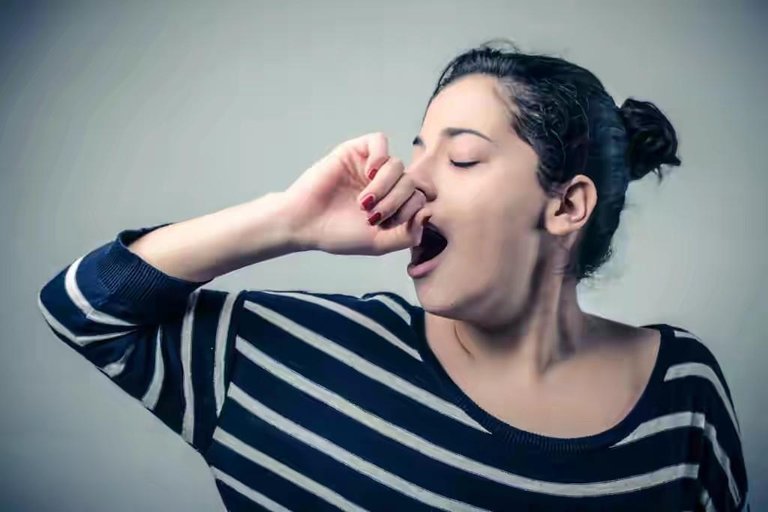
It’s been a long day at work. You just got home and it’s already past dinner time.
You look at your watch. It’s 10 p.m.
Just then something happens. Your lips part on their own and your jaws drop until your mouth opens real wide sucking in the air with great force. You stop breathing for a second and your heart rate increases dramatically. Seconds later, a gush of air escapes your mouth.
Your eyes tear up in the process and the watch looks blurry as you try to make out the time again.
The time is six seconds past 10 p.m.
Isn’t it amazing? You just experienced a universal phenomenon called Yawning. And six seconds is all it takes for an average person to undergo a number of physiological changes that are unique to yawning.
But do you know the real reason why us humans yawn? What is really behind this involuntary reflex that has many scientists baffled and unable to provide us with a tangible explanation?
Yawning might still be a subject that eludes scientists but there are many interesting theories out there backed up by famous scientists that may bring us closer to discovering the truth about what really makes us yawn.
Theory #1: Your Body Needs a Shot of O2!
Oxygen is something no human can live without. But, when you are running low on the very element that holds your life together, do you yawn or go to the hospital? The latter seems to be the most intelligent thing to do.
But, according to a study, yawning could be a result of increased levels of CO2 in the blood. And when the lungs detect that oxygen levels are low, it signals the brain to induce a yawn which in turn lets the lungs replenish the blood with O2.
Even medical textbooks have long followed this explanation until the theory was proven to be flawed by many scientists since the lungs do not have the ability to detect low levels of oxygen!
Theory #2: Your Brain is on Fire!
The AC might help keep the temperatures down on a hot summer night, but did you know yawning helps lower the temperature of the brain?
According to a report by National Geographic, yawning causes sinus walls to expand and contract like bellows, pumping air into the brain, which lowers its temperature. Researchers Gallup and Eldakar concluded that people are more likely to yawn during the winter months than the summer months. Furthermore, yawning increases blood flow to the brain thereby increasing the cooling effect.
If you are tired or sleep-deprived, then let the yawns keep coming because your brain is probably overheating, and you need those yawns to keep your brain from bursting into flames! (Nobody has ever reported such an incident, but if yawns have a purpose here, then why stifle it?)
Theory #3: Your Lungs are at the Gym!
If you have the habit of yawning and stretching at the same time, then you are probably doing something called pandiculation. Yawning and stretching could also be a sign that the body is preparing the muscles and joints for a physical activity.
Yawning, in general, helps the lungs to stretch and keep them active. It also increases the heart rate simultaneously, thereby making us feel more vigilant and alert to our surroundings. People are also known to yawn before a stressful event. The next time you yawn before an important exam or a meeting, just know that it’s actually doing you a favor by keeping your eyes peeled!
Theory #4: You are an Empathizer!
Yawning is unconscious and sometimes it can be spontaneous. But have you ever yawned just because you saw or heard someone else do it? If you have, then you are not alone.
According to a study, around fifty-five percent of people yawn within five minutes of seeing another person yawning. And not just humans, even animals are prone to emulate other animals or other people yawning. This phenomenon is known as contagious yawning. Humans are highly social beings and contagious yawning serves as a way of showing empathy. The more socially empathetic you are to someone, the more likely you are to catch
:-)
Are you from India
Nice post
Oh if you like it support it!!